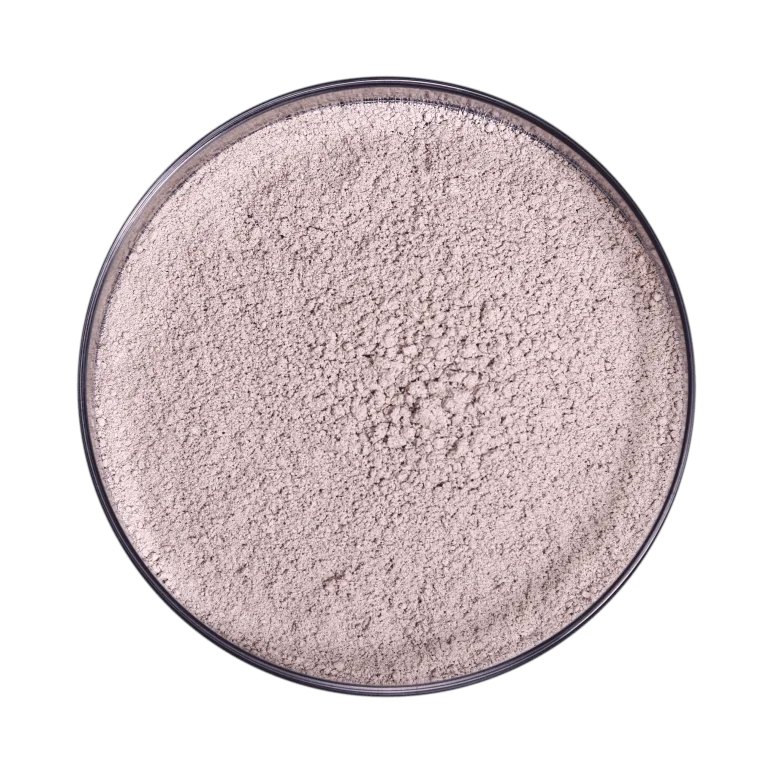


Talc Base Bio Fertilizer Powder
Azotobacter
 Share On Whatsapp
Share On Whatsapp

Azotobacter are independent bacteria that can convert atmospheric nitrogen into the soil, serving as a great resource to obtain a natural bio-fertilizer that is suitable for the cultivation of various crops.
Azotobacter possesses the capability to fix atmospheric nitrogen by transforming it into ammonia. Plants can absorb the ammonia as nourishment. Azotobacter achieves nitrogen fixation through three different enzymes known as Nitrogenases. The improved adaptability of Azotobacter microbes makes them appealing for agricultural applications. The carrier used in this product is Talc, which improves its efficiency and ensures optimal shelf life.
| Parameter | Details | |
|---|---|---|
| Base | Powder | |
| Viable Cell Count | CFU minimum 5 x 107 cell/g | |
| Contamination Level | No contamination at 105 dilution | |
| pH | 5.0–7.0 | |
| Particle Size | All material pass through 0.15 to 0.212 mm IS sieve | |
| Efficiency Character | The strain should be capable of fixing at least 10 mg of nitrogen per g of sucrose consumed | |
- Nitrogen Fixation: Azotobacter has the unique ability to convert atmospheric nitrogen into ammonia, a form usable by plants. This process, known as nitrogen fixation, helps reduce the need for synthetic nitrogen fertilizers and promotes sustainable crop production.
- Growth Promotion: Azotobacter produces growth-promoting substances like auxins, cytokinins, and gibberellins, which stimulate plant growth and development. This leads to enhanced root growth, nutrient uptake, and overall plant vigor.
- Improved Nutrient Availability: These bacteria secrete enzymes that break down organic matter, releasing nutrients such as phosphorus, potassium, and micronutrients into the soil. This process improves nutrient availability for plants and supports healthy root development.
- Enhances Soil Fertility: Azotobacter contributes to soil fertility by increasing organic matter content, improving soil structure, and enhancing cation exchange capacity. It helps create a favorable environment for beneficial soil microorganisms and supports the overall health of the soil ecosystem.
- Strengthened Plant Resistance: Azotobacter can stimulate the production of certain compounds in plants that enhance their defense mechanisms against pathogens and pests. This can lead to improved disease resistance and reduced reliance on chemical pesticides.
- Environmental Sustainability: By reducing the need for synthetic nitrogen fertilizers, Azotobacter biofertilizers help minimize the negative impacts of nitrogen runoff into water bodies. This mitigates pollution and improves environmental sustainability in agricultural practices.
- Thrives in Alkaline Soils: Azotobacter is known for its adaptability, thriving even in alkaline soil conditions.
- Biological Control Agent: Azotobacter produces substances that inhibit plant pathogens, acting as a natural biological control agent and reducing disease pressure on crops.
Recommended Crops
Grapes & Banana, Citrus, Mango, Tomato, Corn, Pomegranate, Groundnut, Cotton, Soyabean, Coconut, Potato, Brinjal, Onion, Garlic, Cumin, Chilies, Beans, Okra, Pea, Tomato, Cabbage, Cauliflower, Sugarcane, Paddy, Rice, Wheat, Oat, Barley, Mustard, Sunflower, Carrot, Sorghum, Bajra, Lawns, Gardens, Green House, Etc.
Recommended Application
- Soil Application
Dosage:
1 Kg/Acre
Packaging:
Packing : 25 Kgs HDPE Bags


